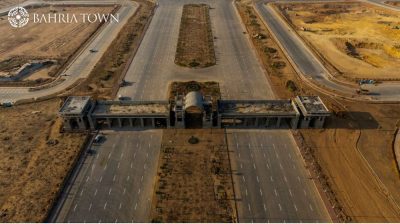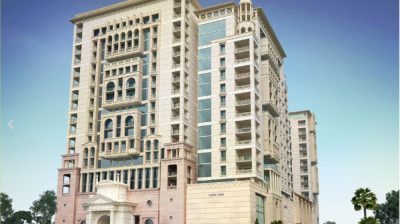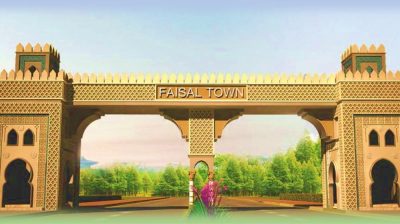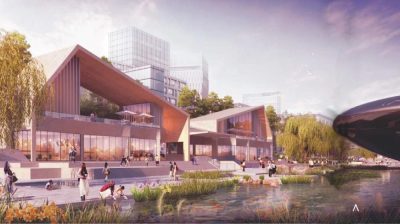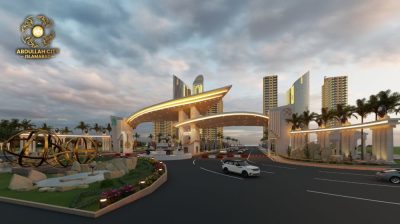The global economic surge has brought multiple challenges for almost every industry. Pakistan being the 5th most populous country in the world has a strong labor force and a growing middle class that has been severely affected.
The inflation rate of the country is contributing to a healthy spike in the housing industry.
According to an estimate, in March 2019 the country’s inflation rate remained at 9.4% up from 8.2% in Feb 2019. This figure presents a bleak picture that in terms of housing is discussed below.
If we analyze the real estate industries of major cities, the cost of houses in Lahore starts from 10,402 (the US $93) per sq. ft. in the 1st quarter of 2019 showing a 4.25% increase from than previous year.
Similarly, in Islamabad, this figure remained at Rs. 9.985 (the US $70) per sq. Ft in 1st quarter of 2019 that reflected an increase of 7.01%.
Apart from this, the macro and microeconomic indicators also forecast similar developments as in just a few years the value of PKR has dived in that was 139 Pkr = the US $1 in March 2019 and as of today, it stands at 201 Pkr.
The IMF Factor
The recently grabbed package from IMF also holds tough attestation that resulted in an increase of 7.5 Rs per unit of electricity while a sudden increase of 60 Rs in Petrol Prices taking the figure to 210 Rs has further obstructed any conceivable way out.
The troubled inheritance of every successive government equally contributed to the price hike in the housing sector of the country.
Moreover, the real estate industry is known as a shelter of tax evasion and capital suppression, perhaps, because of administrative oversight combined with low authority property valuations that result in artificial price hikes, burdening the already burdened end user.
Most importantly, the shortage of housing with respect to the need of people is an ever-growing trend and this disparity also contributes to this assessment.
The 2019 Survey
According to a survey in 2019, there was a shortage of estimated 10 million housing units that definitely would have increased in these post-COVID times.
Unlike the rest of the world, Pakistan’s mortgage market stays exceptionally minute which in 2018 was equal to 0.3% of GDP that’s of course due to the mortgage charges of 15-20%, much high than that of the world, making it an unhealthy decision for the people.
The rise in the interest rate which stands at 13% has minimized the confidence of investors in real estate as well as the construction industry, which resulted in a disturbance in the stock market.
Out of 351 active scripts, 67 concluded the day on the green, 269 ended the day in red and the valuations of 15 other businesses stayed unchanged
Final Word
In a broader perspective, the ongoing war in Ukraine and the global commodity supercycle have pushed inflation to higher levels due to which countries like Pakistan faced a huge blow.
The results aforementioned factors have brought can be summed up as an urban house/apartment is approximately PKR 11.7 million which is 184 times the average salary of a citizen, making it further difficult for an ordinary person to afford a personal house.
There is the price in every element of the housing sector, building material, and construction products which have brought a cascade effect on the overall real estate sector. It is clear to predict a tough time ahead but minor developments after the upcoming budget are yet to be seen.

